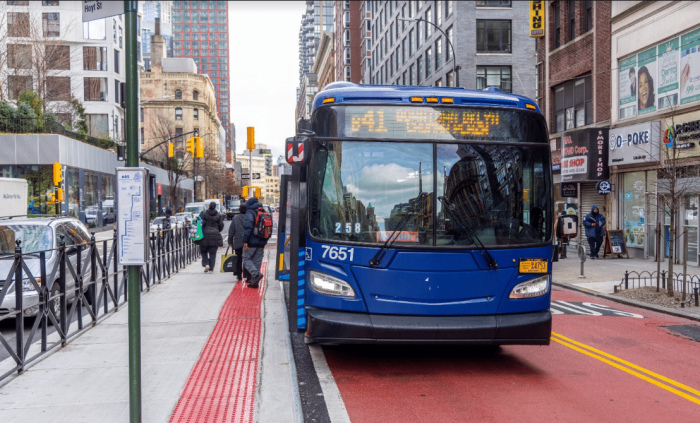By Robert LaRosa
I am absolutely amazed that Ed Konecnik (TimesLedger, Jan. 9) continues to blame the poor for wanting to do something as outrageous as “eating and surviving.”
His words: “Americans are being taught that distributing food to each other through the tax code is economically wise and socially just.”
Isn’t it? What about morally just? Should we simply let the poor starve and die in the street? Would that be fair?
What isn’t fair is the way billionaires continue to reap obscene profits while breaking up unions; destroying pensions; shipping jobs overseas; forcing taxpayers to pick up the tab for their employees medical coverage (Walmart, etc.), while sometimes paying less than minimum wage; hiring lobbyists to get politicians to pass laws which help them continue these practices; and hiring attorneys to hide their assets in offshore accounts and then paying less than half what the average American pays in taxes.
He wonders why half the population is subsidized by some program or another (it’s called compassion and human dignity), yet neglects to mention that corporations with profits in the billions receive ridiculous government subsidies as well.
How is Wall Street doing? Not bad, huh? In fact, better than ever.
Did anyone who caused our economic collapse go to jail? Of course not. Who continues to pay the price? The middle class. Billionaires who skirt the law are disgraceful, unscrupulous and greedy.
As for the views of Alexis de Tocqueville, his predictions in “Democracy in America” were wrong on all essential points because he based his views on the social and economic features of early 19th century democratic societies, including the rudimentary degree of education, the unsophisticated technology, and the lack of extensive occupational specialization. He completely based his idea of democracy on a permanent forestalling of modern industrialization and its social consequences.
Does Konecnik really believe the opinion of a man born more than 200 years ago is relevant in today’s society? If so, perhaps he should heed these words from an even earlier time: “I say unto you, it is easier for a camel to pass through the eye of a needle, than for a rich man to enter into the kingdom of God.” — Jesus Christ.
Robert LaRosa
Whitestone
































